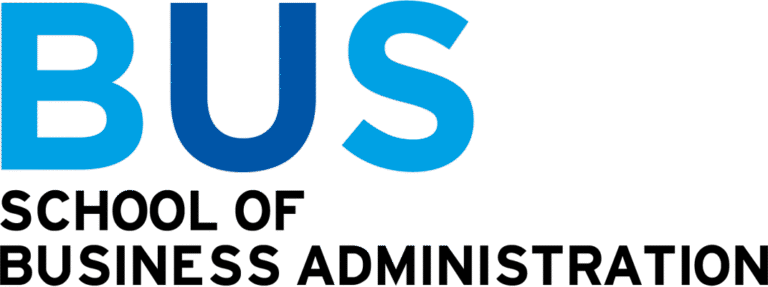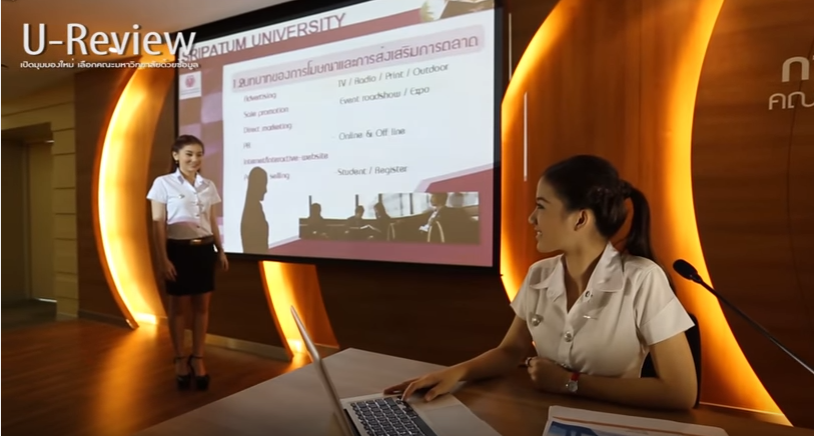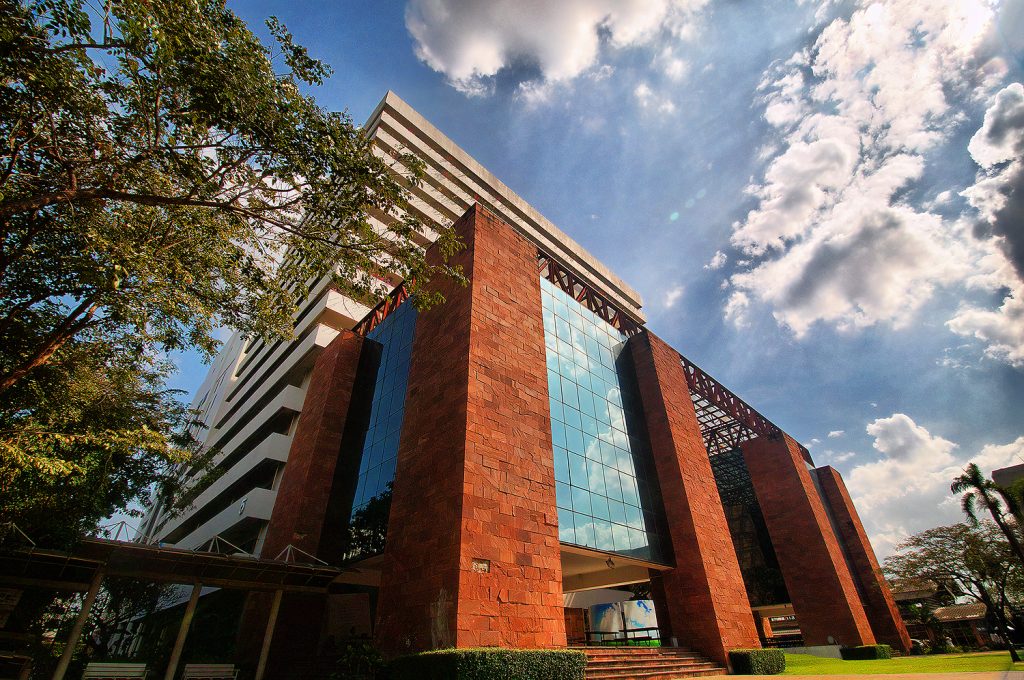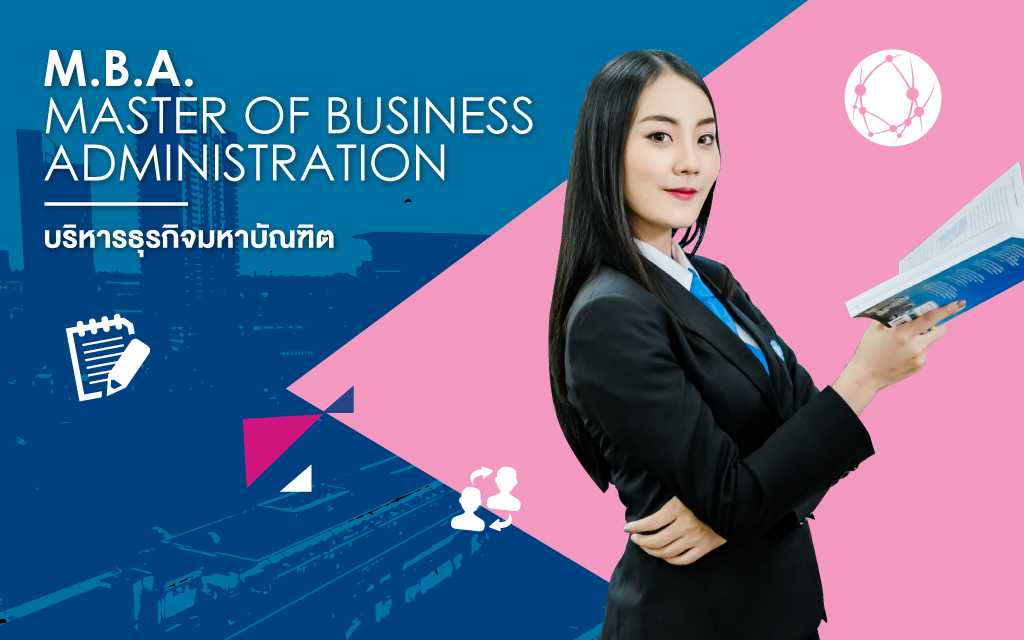“Creating real digital marketers with all-around skills Answering the needs of the future job market”
Master of Business Administration (MBA)
Teaching in the MBA program at Sripatum University, in addition to learning theories, knowledge from textbooks, research both domestically and internationally, analytical learning from case studies, experiential learning from projects and various extracurricular activities are also matters that the program places great importance on.








